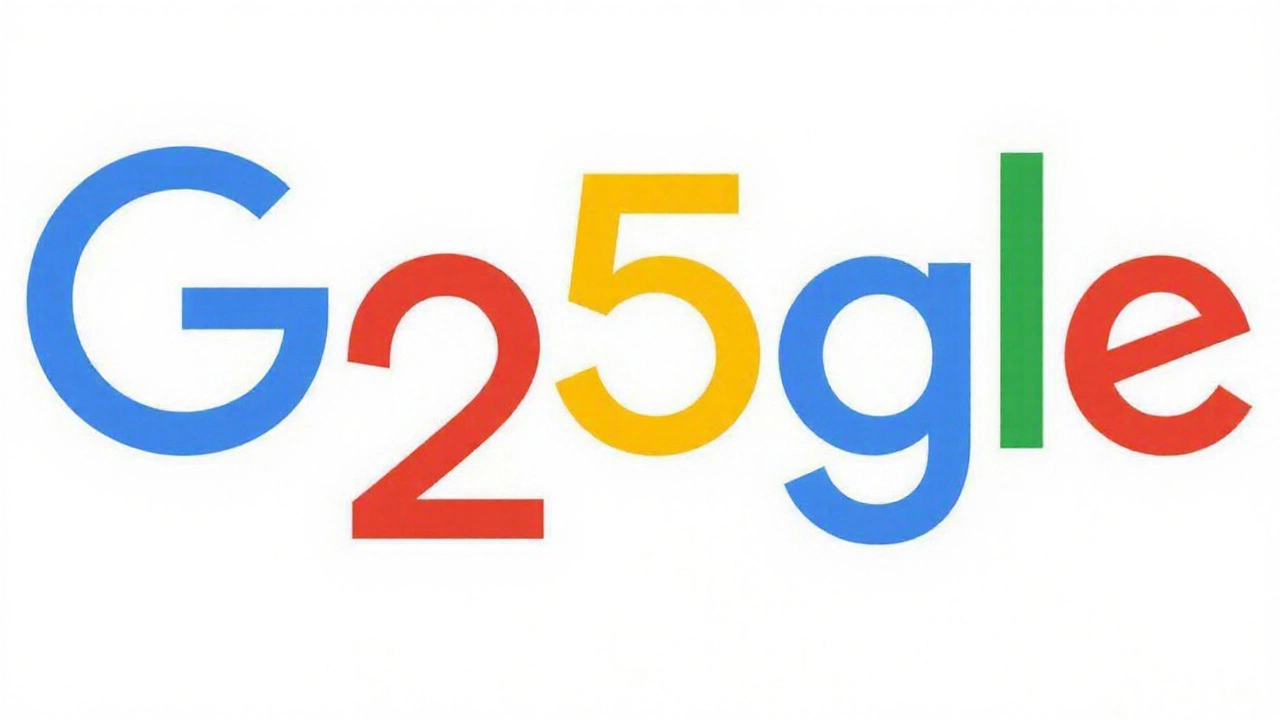
The Birth of Google
On a crisp September day in 1998, two Stanford Ph.D. students, Larry Page and Sergey Brin, turned a quirky research project into a real company. They were tired of digging through endless web pages to find anything useful, so they built a better algorithm that ranked pages by how many other pages linked to them. That simple idea became the core of what we now call Google.
Their first office was a rented garage in Menlo Park, California. In that cramped space, the duo coded, tested, and refined their search engine while juggling coursework and late‑night pizza deliveries. By the end of the first month, the fledgling site was handling roughly half a million queries a day – a tiny fraction of today’s traffic but a massive jump from the few dozen searches they logged during the school year.
Official paperwork shows Google was incorporated on September 4, 1998, but the founders chose September 27 as their public birthday because that’s the day they announced a major change: they stopped showing the number of indexed pages after surpassing Yahoo in coverage. It was a small, symbolic move that hinted at the confidence they had in their growing platform.

From Garage to Global Giant
Fast forward 25 years and the story reads like a tech fairy‑tale. The company now processes about 8.5 billion searches every day, a figure that dwarfs the half‑million queries of its infancy. Revenue has surged alongside usage; in 2022 Google pulled in $282 billion, with $162 billion coming just from its core search business.
The Google 25th anniversary celebration captured this arc with a playful animated Doodle that morphed the logo through its many redesigns. Users worldwide could click on the Doodle to explore interactive timelines, trivia quizzes, and even a hidden feature that responded to humming birthday songs. Those Easter eggs reminded everyone that Google still loves to surprise.
Beyond the Doodle, the company rolled out a series of special Search results. Typing in birthday‑related queries triggered animated confetti, while a dedicated “Google History” hub let visitors scroll through milestones such as the launch of AdWords, the acquisition of YouTube, and the rollout of Android.
- 1998 – Google founded in a garage.
- 2000 – First $1 billion in advertising revenue.
- 2005 – Surpassed Yahoo as the most indexed search engine.
- 2008 – Acquired YouTube for $1.65 billion.
- 2015 – Reorganized under Alphabet Inc.
- 2020 – Launched the first AI‑powered search features.
- 2023 – Celebrated 25 years with an animated Doodle and AI‑focused roadmap.
Leadership says the next decade will be defined by artificial intelligence. Already, AI helps power autocomplete suggestions, translate languages instantly, and flag harmful content. The company’s recent AI initiatives promise smarter answers, more personalized recommendations, and tools that let developers embed Google’s knowledge base into their own apps.
While the scale has exploded, the mission statement has stayed the same: "to organize the world’s information and make it universally accessible and useful." Whether you’re looking up a recipe, checking the weather, or researching quantum computing, that promise still drives every button click.
The anniversary wasn’t just a nostalgic flashback; it was a signal that Google is still pushing forward. In internal memos, executives talk about building a "more helpful, more trustworthy" search experience, while also investing heavily in sustainability, privacy, and creator tools. The message to users is clear: the company wants to keep being the first place you go for answers, now and for the next 25 years.
